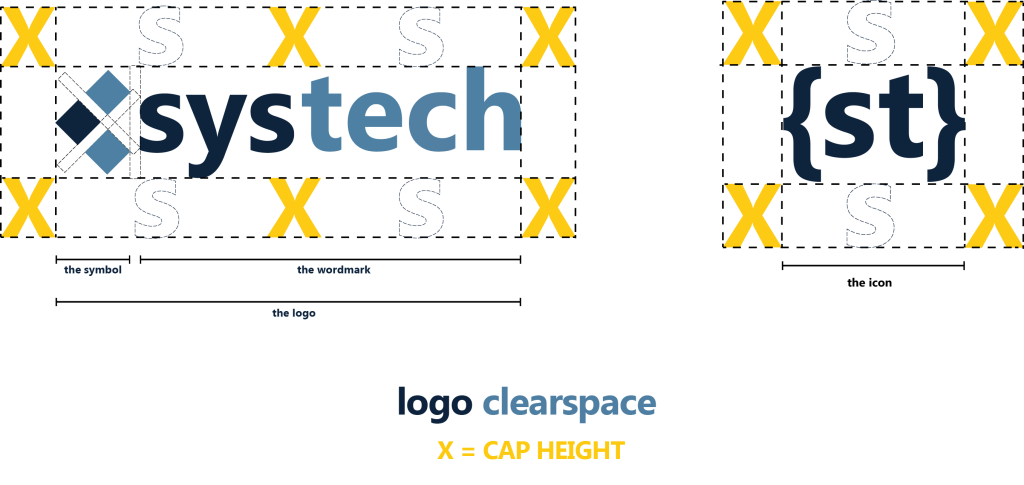When it comes to Managed Services, there are a lot of different things that can be included in an agreement. It’s important to make sure you read over your contract carefully and understand what is expected of your Managed Services Provider (MSP). Typically, MSPs will offer services like Cyber Security, Technology Support, and IT Management. However, each provider offers a different range of services, so it’s important to find one that fits your needs.
Most Commonly you should count on these services being provided by the Managed IT Service Provider you choose:
- Network Management
- Application Management
- Workstation Management
- Endpoint Management
- Network testing and monitoring
- Overseeing network security & risk mitigation
- Connectivity and bandwidth
- Providing data storage
- Managing installations and upgrades
- Suggesting and implementing software patches
- Providing web hosting
- Network provisioning or virtualization
- Performance monitoring and reporting
- Providing help desk technical support
You can also look for Managed Services that specialize in certain areas like:
- Cloud services
- Data backup and recovery
- Disaster prevention and recovery
- Security compliance assistance
- Business continuity planning
- 24/365 system maintenance.
While the list of managed services can go on, these are some of the most common and important functions that your Managed Services Provider should be able to provide. Managed Services can save you a lot of time, money, and headache by entrusting these important functions to IT experts.
When looking for an MSP, make sure to do your research and find one that offers the services that you need at a price you’re comfortable with. Don’t be afraid to ask around or read online reviews to get an idea of what others have experienced with different providers. Managed Services can be a great way to take some of the stress out of running your business, so make sure you find the right provider for you.
Network management
Network management is the process of managing the network that is used in a business. Managed services providers can help with this by installing, updating, and maintaining the network. They can also help to troubleshoot any problems that may occur. This can be helpful because it allows you to focus on your business and not on the technology.
Application management
Application management is the process of managing the applications that are used in a business. Managed services providers can help with this by installing, updating, and maintaining the applications. They can also help to troubleshoot any problems that may occur. This can be helpful because it allows you to focus on your business and not on the technology.
Endpoint management
Endpoint management is the process of managing the devices that are used in a business. Managed services providers can help with this by installing, updating, and maintaining the devices. They can also help to troubleshoot any problems that may occur. This can be helpful because it allows you to focus on your business and not on the technology.
Workstation management
Workstation management is the process of managing the computers that are used in a business. Managed services providers can help with this by installing, updating, and maintaining the computers. They can also help to troubleshoot any problems that may occur. This can be helpful because it allows you to focus on your business and not on the technology.
Network testing and monitoring
Network testing and monitoring means that somebody is always checking to make sure that your computer network is working properly. They do this by making sure all the connections are good and that everything is running smoothly. If there are any problems, they will try to fix them right away.
Overseeing network security & risk mitigation
Overseeing network security & risk mitigation is important because it helps to protect your business from cyber attacks. These days, many businesses are targets of cyber crime, and it’s important to have someone who is always on the lookout for potential threats.
Connectivity and bandwidth
Connectivity and bandwidth refers to the amount of data that can be transferred between devices on a network. Managed services providers typically offer high-speed connectivity so that businesses can run smoothly.
Providing data storage
Providing data storage means that your MSP will have a place to store all of your business’s data. This is important in case of any disasters or power outages.
Managing installations and upgrades
Managing installations and upgrades helps to make sure that your business’s software and hardware are always up-to-date. This can save you a lot of money in the long run because it reduces the need for repairs.
Suggesting and implementing software patches
Suggesting and implementing software patches is important because it helps to keep your business’s software secure. Managed services providers typically have access to the latest security patches and can install them for you.
Providing web hosting
Providing web hosting means that your MSP will host your business’s website. This is important because it allows customers to access your website 24/seven.
Network provisioning or virtualization
Network provisioning or virtualization refers to the process of creating a virtual copy of a network. This is often done in order to test new software or hardware before it is implemented in the production environment.
Performance monitoring and reporting
Performance monitoring and reporting helps you to keep track of how well your network is performing. Managed services providers typically use tools to monitor performance and provide you with reports.
Providing help desk technical support
Providing help desk technical support means that your MSP will be there to help you with any technical problems you may have. They can provide support via phone, email, or chat.
Cloud Services
Cloud services are a way to have access to technology without having to worry about owning or managing it. With cloud services, you can access your files and applications from any device with an internet connection. This can be helpful if you need to work from home or if you’re traveling. Managed services providers typically offer cloud services.
Data backup and recovery services
Data backup and recovery services are important because they help to protect your business in case of a disaster. Managed services providers typically offer data backup and recovery services. They will create a copy of your data and store it in a safe location. In case of a disaster, they will be able to restore your data so that you can continue business as usual.
Disaster prevention and recovery
Disaster prevention means that somebody is always watching out for potential problems and trying to fix them before they happen. If something does happen, then disaster recovery means that somebody will help you to get everything back up and running as quickly as possible. Managed services providers typically offer both disaster prevention and recovery services.
Security compliance assistance
Managed IT Services can help with making sure that your business is following all the rules for being safe from cybercrime. They keep an eye out for potential threats and help to fix any problems before they happen. If something does happen, they will help you to get everything back up and running as quickly as possible.
Business continuity planning
Business continuity planning is important for any business. It helps to make sure that your business can continue operating even if something goes wrong. Managed services providers typically offer business continuity planning services. They will help you to create a plan and make sure that it is followed.
24/365 system maintenance
Managed IT Services providers offer system maintenance 24/7. This means that they are always working to keep your software and hardware up-to-date. They will also monitor your network for any potential problems.
As you can see, there are a lot of different services that Managed IT Services providers offer. It is important to understand what services are included in your agreement. This way, you can be sure that you are getting the most out of your Managed IT Services provider. If you have any questions, be sure to ask your Managed IT Services provider. They will be happy to help you understand what is included in your agreement. Thanks for reading!
Need help with Managed IT Services?
Just give us a call or send us an email and we’ll be happy to help. Systech Consulting’s Managed IT Services can help your business save time and money. Contact us today to find out how! Thanks for reading!


